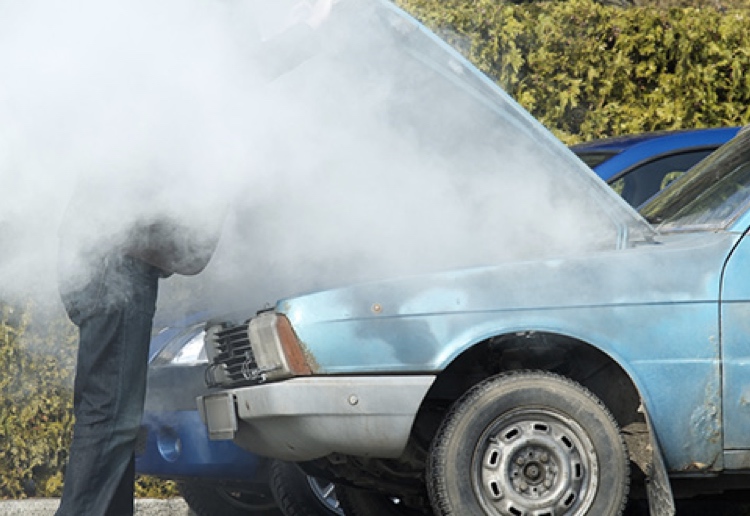So when was the last time you checked the water level in the radiator of your car? Chances are, you probably haven’t in a long time. The way they’re built these days, you rarely have to.
Everything is fine, until one day the temperature dial starts heading up…fast!
Anyone who’s ever been in heavy traffic when this starts to happen knows the stress that comes with it. It’s awful. All you can do is hope to catch it early.
But first, how do you know if your radiator is sending you any warning signs?
Recognising early indicators can help you address potential issues before needing extensive car radiator repairs.
To find out, simply ask yourself these following questions:
- The obvious one – Is your car’s temperature gauge higher than usual upon starting?
- Does your vehicle tow heavy loads often?
- Do you travel for long periods of time?
If you answered ‘yes’ to any of the above questions, now is a good time to give your radiator a good check to see if there are any issues with your cooling system. Before you open the radiator cap, make sure that your car engine has completely cooled down otherwise you bear the risk of being scalded. Seriously, it will explode like a fountain!
Here are some reasons why your radiator may be having issues:
Low Water Coolant
One of the main problems of a radiator failure is having a low water coolant level which then causes your car to overheat. A good piece of advice is to renew the coolant upon every radiator service (usually done annually). Also, as a general rule of thumb, you should check your water coolant level once a month and to top it up as necessary.
Clogged Radiator
Another common issue involves a clog where dirt, debris, or dead insects clog up the airflow of the radiator resulting in overheating. To avoid this from happening, open up your bonnet and have a look to see if there’s any obvious clogging. If you can’t see any visible clogging, there may be an internal clog. To identify this, look at the surface of the radiator for any cold spots. If you have an infrared thermostat, it will help you find cold spots quickly and more accurately. If you don’t have an infrared thermostat, open the radiator cap once your engine is cool and check the fluid for any brown discolouration or floating debris in the coolant.
Copper or Brass Core
This is more commonplace in older cars where copper and brass cores were used instead of aluminium. The latter material cools more effectively than copper or brass which means that the age of your car may have something to do with your car overheating quickly.
Radiator Cap Issue
Where your radiator cap is malfunctioning, your radiator will most likely overheat as a result. This malfunction is very common and is often overlooked. Also, make sure that your radiator cap is screwed on correctly to avoid any leakage of your coolant which could result in radiator overheating as well.
Of course, it’s always wise to consult a radiator specialist to help you perform a thorough diagnosis on your car and to propose an appropriate solution for any radiator problems you may have.




















-

-
-
Blossom said
- 27 Sep 2018
Post a comment9:46 pm
To post a review/comment please join us or login so we can allocate your points.